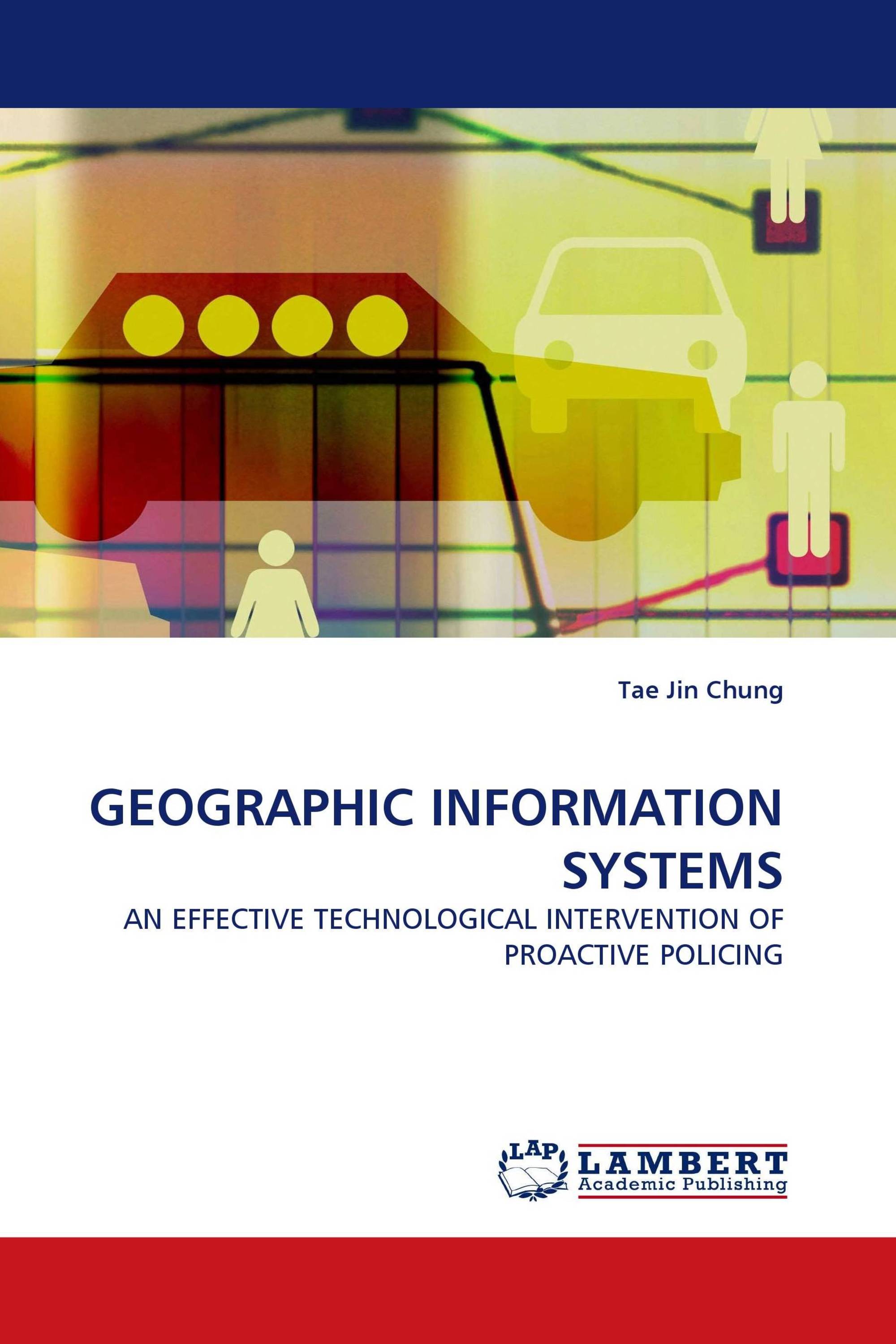GEOGRAPHIC INFORMATION SYSTEMS
AN EFFECTIVE TECHNOLOGICAL INTERVENTION OF PROACTIVE POLICING
LAP Lambert Academic Publishing ( 2009-10-05 )
€ 49,00
Geographic Information Systems (GIS) use technology to predict areas of high crime. GIS has been shown to reduce crime in large cities, but at a substantial cost. Demographic factors such as, employment rate, population density, educational level, and community involvement influence GIS¹ effectiveness. Since so many factors influence GIS, it is necessary to have guidelines to determine whether measures other than GIS might be more cost effective. GIS are effective when law enforcement agencies have exhausted traditional crime fighting methods and are seeking innovative solutions to proactively reduce crime. One way GIS allows law enforcement agencies to more effectively use existing resources is by pinpointing statistically high crime areas, thus creating more time for improving community service. Overall, GIS will result in a lower crime rate, while developing a stronger community relationship with local law enforcement. GIS is an effective crime prevention method that eventually must be implemented in cities worldwide.
Book Details: |
|
|
ISBN-13: |
978-3-8383-1860-8 |
|
ISBN-10: |
3838318609 |
|
EAN: |
9783838318608 |
|
Book language: |
English |
|
By (author) : |
Tae Jin Chung |
|
Number of pages: |
52 |
|
Published on: |
2009-10-05 |
|
Category: |
Informatics, IT |




